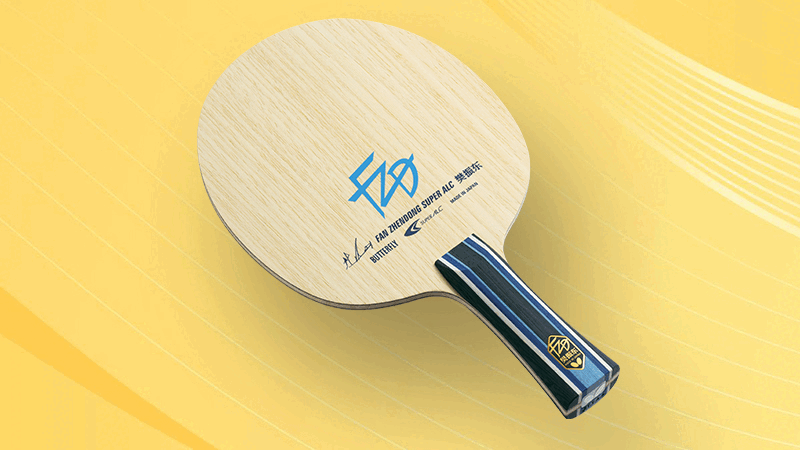Ping Pong Diplomacy and China’s rise to world table tennis superpower are the subject of a three-part BBC Radio 4 series presented by Matthew Syed.
Part one of Syed’s Sideways programme aired last week, with part two due to be broadcast on Wednesday at 4pm, repeated at 9am on Thursday and again next Monday morning just after midnight.
Part three follows the same pattern from 4pm on Wednesday next week.
The whole series is available immediately on BBC Sounds – click here to visit the Sideways page.
The series is a fascinating insight into how China used the power of table tennis to improve its stature in the geo-political world.
Episode one features the story of Rong Guotuan, who was China’s first world champion in any sport, the hosting of the 1961 World Championships and the rise of three-time champion Zhuang Zedong, who is interviewed by Syed. Among those to also appear are former Engand coach Jia Yi Liu.
In episode two, English international Trevor Taylor tells about his role in Ping Pong Diplomacy, in which American Glenn Cowan inadvertently boarded the Chinese team bus at the 1971 World Championships.
The incident was critical in re-launching Chinese sport on to the world stage in the 1970s after a period in which the Chinese government had largely sidelined table tennis – and may not have been as spontaneous as some believe.
And episode three tells how China responded to the rise of European superstars such as Jan-Ove Waldner and moulded themselves into the juggernaut of today.
What was Ping Pong Diplomacy?
In 1971, Ping Pong Diplomacy fostered a new understanding between east and west as English players were among the first in a generation to visit China.
The invitation stemmed from American player Glenn Cowan who, at the 1971 World Championships, inadvertently boarded the bus carrying the Chinese team.
It set in motion a train of events which ended up with the US team being invited to visit China – an invitation which was also extended to England, Canada and Nigeria.
The English players who made the trip were Jill Parker, Pauline Piddock, Alan Hydes, Trevor Taylor and Tony Clayton, plus support staff. They entered China on April 10, 1971.
It was a trip which was reciprocated later in the year as a Chinese team visited these shores, when matches were held in Wales and Scotland as well as England, and there was a visit to 10 Downing Street and an audience with PM Edward Heath among the cultural programme.
Ping Pong Diplomacy remains a key landmark in world table tennis history – and its influence was felt in wider society around the globe and is still being felt in our sport. You can read more about this by clicking here.






